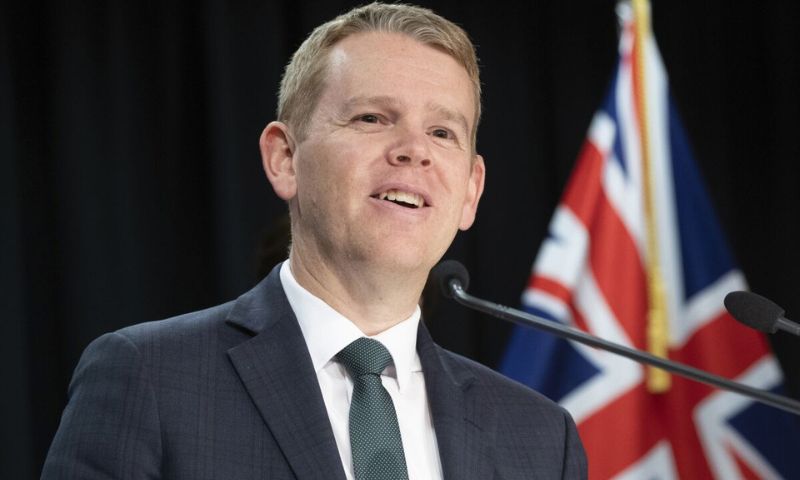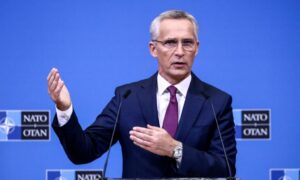WELLINGTON, NEW ZEALAND: In a significant move that signals a turning point in New Zealand’s battle against COVID-19, the nation has officially removed its remaining pandemic-related restrictions. This decision, announced by Prime Minister Chris Hipkins, marks the conclusion of a multi-year response to the global health crisis, closely observed by the international community.
Effective from midnight, the requirement for wearing masks in hospitals and healthcare facilities will be lifted, along with the mandate for COVID-19-positive individuals to self-isolate for a seven-day period. This development underscores the progress New Zealand has made in managing the pandemic and reflects a transition towards a post-COVID era.
The world initially applauded New Zealand’s approach to eradicating the virus, achieved through stringent nationwide lockdowns and tight border controls. The country’s early success in eliminating the virus was considered a model response. However, as time passed and more transmissible variants emerged, the feasibility of maintaining a zero-tolerance stance became increasingly challenging. Consequently, the nation shifted its strategy away from complete elimination.
Prime Minister Hipkins, reflecting on the government’s response over a span of more than three years, acknowledged his anticipation of the moment when all restrictions could be lifted. However, the reality felt somewhat anticlimactic. Throughout the pandemic, about 3,250 New Zealanders out of a population of 5 million lost their lives with COVID-19 as a primary or secondary cause, equating to approximately one-fifth of the mortality rate witnessed in the United States.
Hipkins emphasized the resilience and unity displayed by New Zealanders in the face of the crisis. “Our collective sense of unity may have encountered challenges, but I am confident that New Zealanders can take immense pride in our joint achievements,” he stated. “We adhered to stay-at-home orders, made substantial sacrifices, embraced vaccination, and without a doubt, we have saved lives.”
Health Minister Ayesha Verrall pointed out the favourable trends in coronavirus case numbers and hospitalizations, both of which have been consistently declining since June. Moreover, the public healthcare system endured fewer disruptions from the virus during the southern hemisphere’s winter months. Verrall highlighted a significant milestone: the completion of 16,000 more medical procedures compared to the previous year, indicating a restored equilibrium in the healthcare system.
This announcement arrives approximately two months ahead of a general election, adding a political dimension to the narrative. David Seymour, leader of the opposition ACT Party, criticized the government for what he perceived as a prolonged period of paternalism. Seymour expressed dissatisfaction with the costs incurred and the perceived lack of commensurate benefits, suggesting that corrective actions were overdue.
New Zealand’s decision to remove its final COVID-19 restrictions marks a pivotal moment in its pandemic journey. The country’s response once hailed globally for its rigorous approach, has evolved with the changing landscape of the pandemic. As New Zealanders embrace the return to a semblance of normalcy, the world watches with interest, drawing lessons from the nation’s experiences and adaptations.























